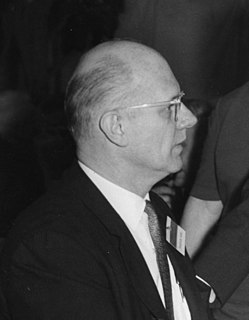A Quote by Guy Kawasaki
At the end of the day in business, it's not about peer review and getting into a scientific journal. You either increase sales, or not.
Related Quotes
Under true peer-review...a panel of reviewers must accept a study before it can be published in a scientific journal. If the reviewers have objections the author must answer them or change the article to take reviewers' objections into account. Under the IPCC review process, the authors are at liberty to ignore criticisms.
The worst thing that ever happened to writing is that it became a business, The purpose of business is to make money, and to achieve that end it is necessary to please as many people as possible, to amuse them, to entertain them - in short, to do everything that will help increase the volume of sales.
One thing I noticed over time is that if I got a bad review, usually the bad part of it was at the very end. I could tell that nobody read the whole review because they would just say, "It was great to see the review!" In a way, my brain shuts down at the end of an article. It doesn't really want to go to the end.
I suspect that the peer-review system carries a good part of blame for the fact that something like sixty percent or more of journal articles are never quoted (which means leaving no trace on our joint scholarly pursuits), and (in my reception at any rate) the "learned journals" (with a few miraculous exceptions that entail, prominently, TCS) ooze monumental boredom.
Science has a culture that is inherently cautious and that is normally not a bad thing. You could even say conservative, because of the peer review process and because the scientific method prizes uncertainty and penalises anyone who goes out on any sort of a limb that is not held in place by abundant and well-documented evidence.
In my more than 60 years as a member of the American scientific community, including service as president of both the National Academy of Sciences and the American Physical Society, I have never witnessed a more disturbing corruption of the peer-review process than the events that led to this IPCC report.

































